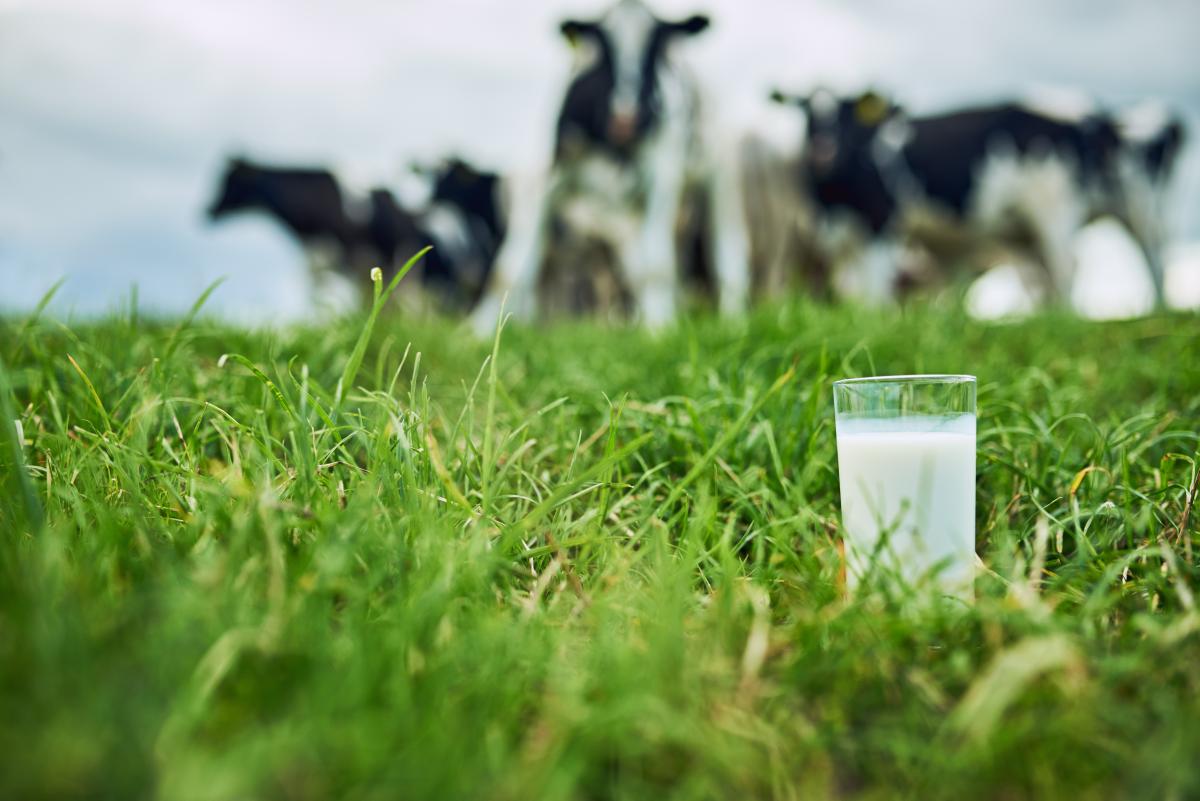NMPF Spearheads Opposition to Defeat Farm Bill Amendment Aimed at Legalizing Interstate Sale of Raw Milk
June 13, 2018
 An amendment to the 2018 House Farm Bill that would have allowed the interstate sale of unpasteurized milk was soundly defeated thanks to strong opposition from National Milk, its member cooperatives, several other key industry stakeholders, as well as consumer and public health advocates.
An amendment to the 2018 House Farm Bill that would have allowed the interstate sale of unpasteurized milk was soundly defeated thanks to strong opposition from National Milk, its member cooperatives, several other key industry stakeholders, as well as consumer and public health advocates.
A coalition of dairy farmers, processors, consumer groups, food safety advocates, federal and state public health regulators and the medical community wrote to House leaders last month expressing serious concern with Amendment 30. Offered by Rep. Thomas Massie (R-KY), the amendment would have removed existing regulations that prohibit the interstate sale of raw milk for direct human consumption. It ultimately failed by a vote of 331 against to 79 in favor.
“This amendment would have rolled back decades of food safety improvements by eliminating requirements for pasteurization, which has been cited by the U.S. Department of Health and Human Services as one of the great achievements in public health in the 20th century,” said Jim Mulhern, president and CEO of NMPF. “We greatly appreciate those who joined the current effort and took a stand to oppose this irresponsible amendment that would have significantly compromised food safety.”
In a May 14 letter to House leaders Paul Ryan (R-WI) and Nancy Pelosi (D-CA), NMPF and the International Dairy Foods Association (IDFA) said Massie’s proposed amendment to the Farm Bill represented “an unnecessary risk to consumer safety and public health.” NMPF also organized a coalition of 53 dairy cooperatives, state dairy associations and the American Association of Bovine Practitioners in signing a similar letter of disapproval.
According to the dairy coalition letter, the Centers for Disease Control and Prevention (CDC) reported that nearly 75 percent of raw milk‐associated outbreaks have occurred in states where the sale of raw milk was legal. Thus, the dairy groups argued, eliminating any regulations that stem the interstate sale of raw milk in the United States “would increase the risk to public health, exposing consumers nationwide to the inevitable consequence of falling victim to a foodborne illness.”






